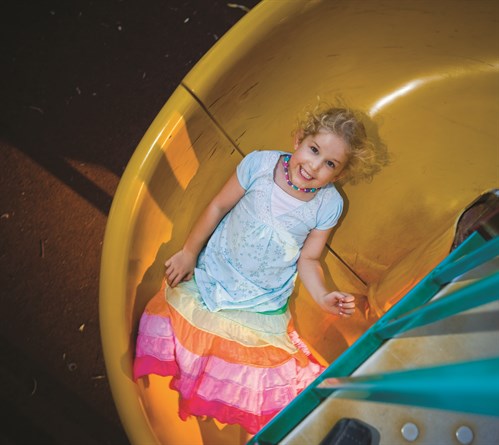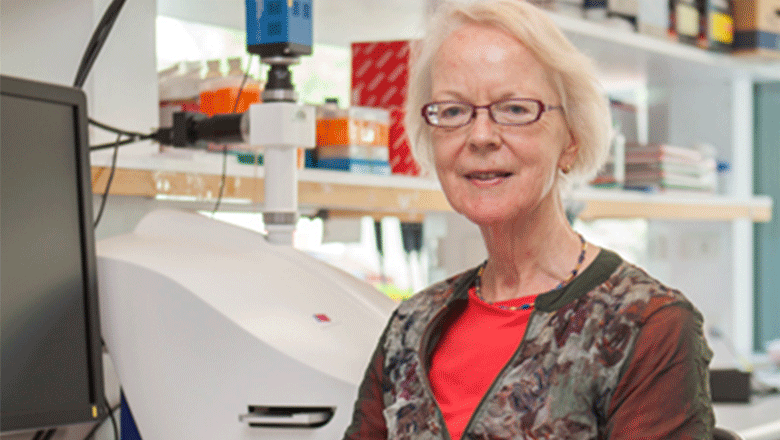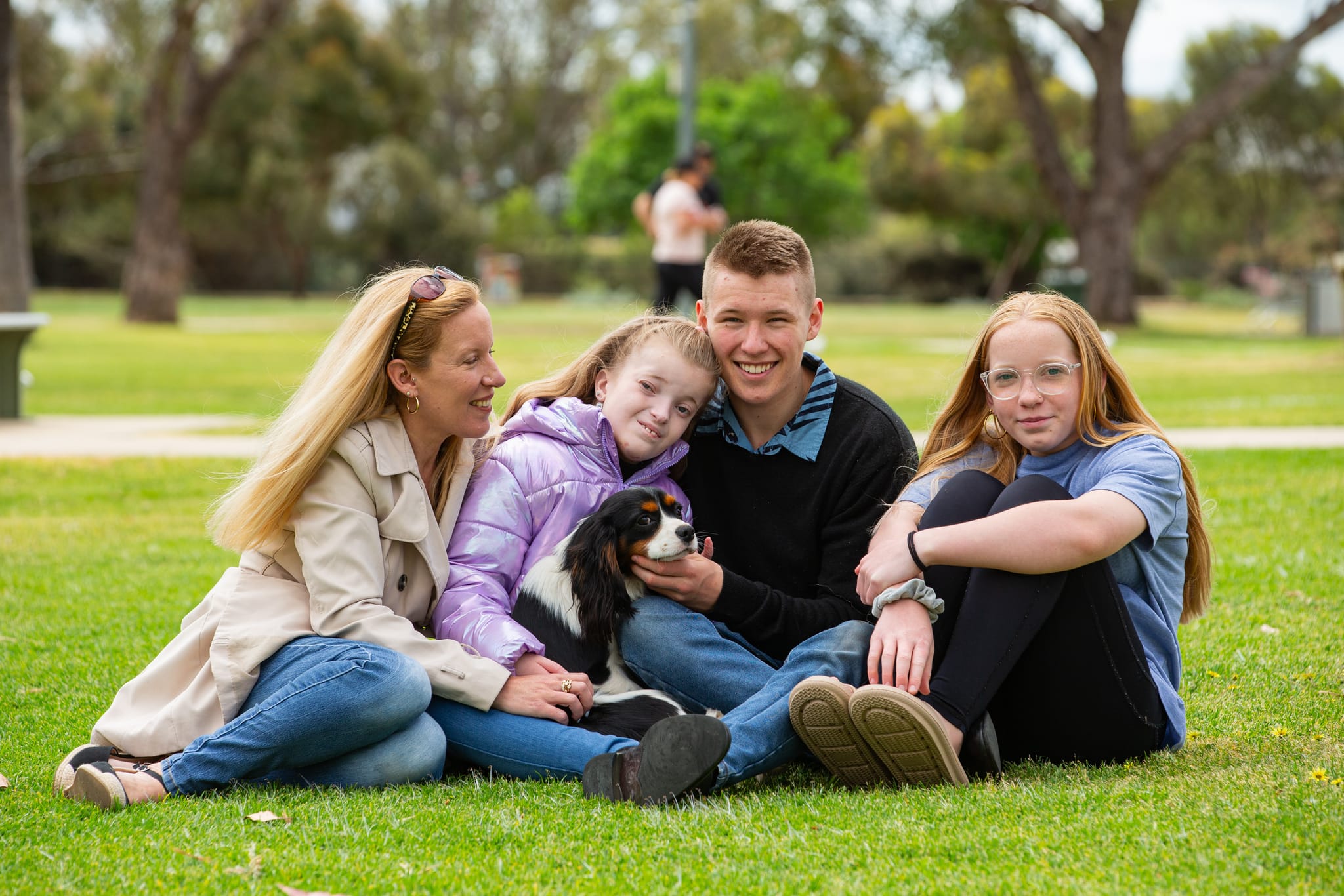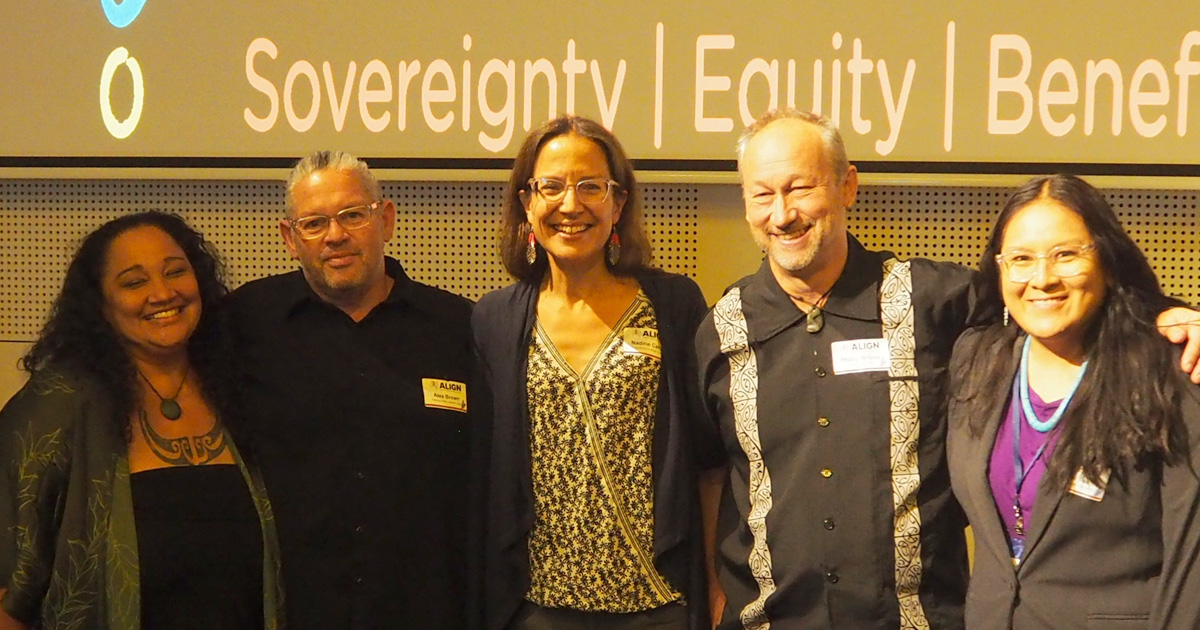Search
Showing results for "Au"

News & Events
Parenting & playEvery parent knows that physical activity and playtime are important elements of healthy growth and development. They're also a lot of fun.

News & Events
New drug hope for babies with leukaemiaResearchers at The Kids Research Institute Australia have discovered a new drug combination that could help improve survival rates for babies with leukaemia.
News & Events
Most late-talking toddlers turn out okThe study is the first of its kind to track language delay from two years of age through to late adolescence, using data collected from the long running Raine

News & Events
Developing a pencil graspIn this blog, Senior Occupational Therapist Gayle Hillen explores the steps to developing a functional pencil grasp.

News & Events
Boosting literacy by reading with childrenIn this blog, Speech Pathologist Genevieve Wilmot shares the strategies caregivers can use at story time with their child to make book sharing fun.

News & Events
Research breakthrough gives hope to children with rare and undiagnosed diseasesA complex five-year experiment which cracked the code of a genetic mystery has paved the way for faster and more accurate diagnoses of the most rare and unknown diseases affecting children.

News & Events
Powerful new network to ensure Indigenous Australians can benefit from genomic medicineA national alliance of the brightest minds in genomic science, academia, policy makers, industry and Indigenous leaders will work to break down barriers to ensure Aboriginal and Torres Strait Islander people can benefit from advances in genomic medicine if they choose.

News & Events
Leading mental health champion recognised on 2023 Australia Day Honours ListProminent consultant psychiatrist and Western Australia’s 2021 Australian of the Year, Professor Helen Milroy AM, has been recognised as a Member of the Order of Australia (General Division).

News & Events
Raine Foundation grants support exciting projects in childhood cancer and newborn infectionsTwo The Kids Research Institute Australia researchers have been awarded prestigious grants from the Raine Medical Research Foundation for projects in childhood cancer and newborn infection control.
News & Events
The value of Vitamin DResearch has shown that vitamin D levels can have an impact on many aspects of a child's health, including lung growth, language development and eating patterns
